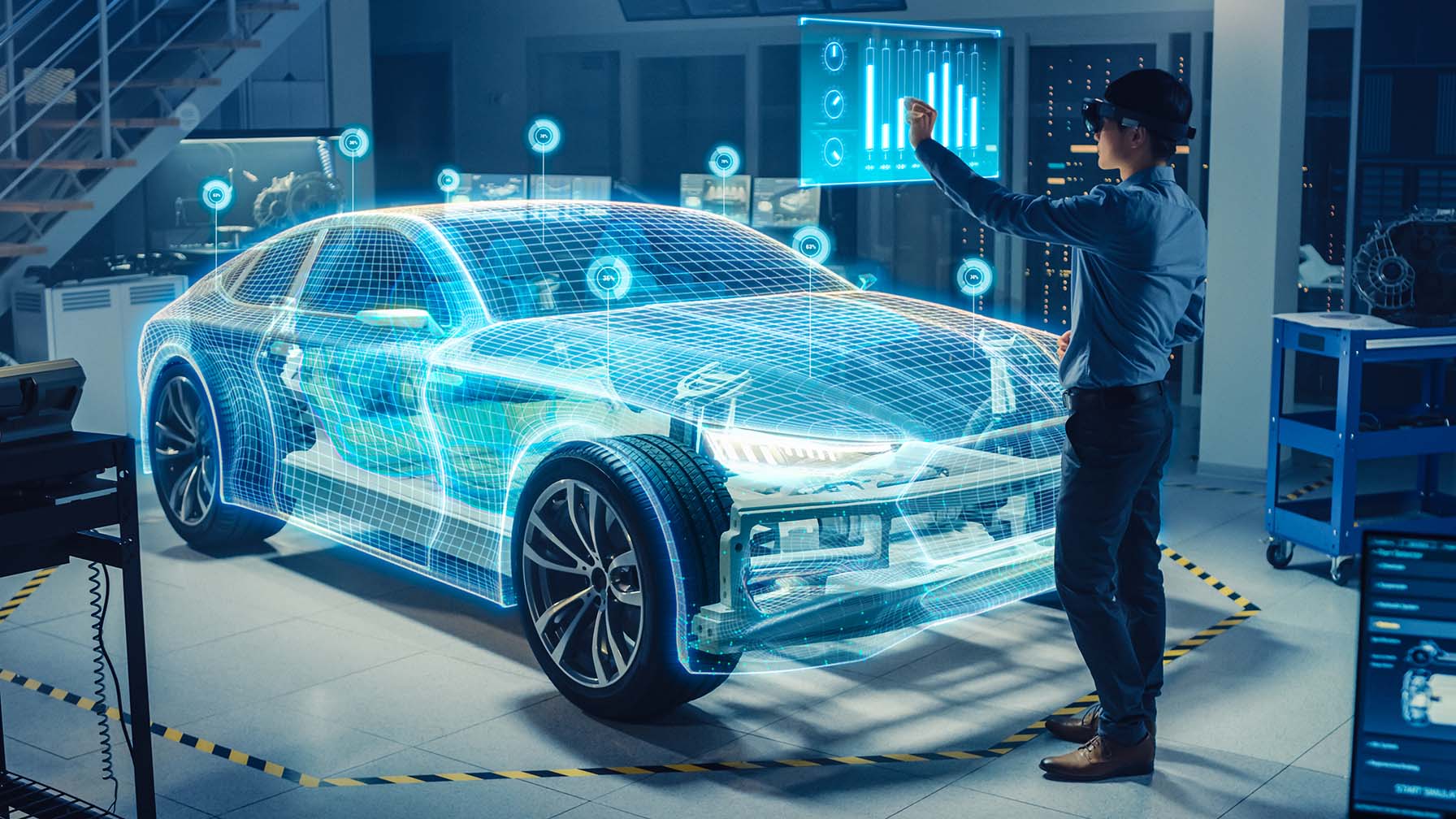The Importance of Electrical and Electronic Systems for Vehicle Electrification

Vehicle electrification is a driving force behind the current upheaval in the automotive industry. Every automotive manufacturer has or will soon have EVs available to the public. Though vehicle electrification may not seem as revolutionary as autonomous vehicle technology, the switch to electric powertrains is already having wide-ranging impacts in the industry and the world more broadly. EVs produce no emissions and use energy very efficiently, making them less impactful on the environment when compared to traditional internal combustion engines. These environmental benefits may prove to be a boon for cities around the world as they work to limit congestion, air pollution, and noise despite rapid growth in urban populations around the world. In recognition of these benefits, many governments, from the municipal to the national level, are developing or implementing new regulations that encourage the adoption of electrified transportation.
For the automotive industry, vehicle electrification means new points of focus in vehicle development, manufacturing, service and support. For one, electric charging infrastructure is far less developed than the vast network of gas stations that keep combustion-engine vehicles topped up. Even with the impressive range of today’s EVs, the lack of charging stations in most regions present a serious challenge for EV manufacturers and the EV industry. Thus, the development of charging infrastructure has become a priority for EV manufacturers, pushing them to cooperate with various levels of government, utilities companies, and other organizations to accelerate the installation of charging stations around the world.
Electrified powertrains come with different challenges, benefits, and form factors than traditional internal combustion engines. As a result, the processes of vehicle development, manufacturing, and service are changing. EV production and service requires unique safety considerations stemming from the high voltages present in the electric powertrain. EV manufacturers also need to determine the best strategies for the recycling, reuse, or disposal of EV batteries. New materials have helped to improve battery performance and reduce the cost of battery production, but they can also be dangerous or toxic if improperly handled.

In vehicle design, many systems from the chassis and suspension to the packaging of various electronic components and more are being tweaked or entirely rethought to maximize the advantages offered by electrification. In particular, the electrical and electronic (E/E) systems – comprised of the electrical wiring, electronic devices, networks, and software within the vehicle – stand to grow in complexity and importance as the industry transitions towards the future of mobility. The cars of tomorrow will incorporate electric powertrains, software, and electronic devices to offer exciting features and functionality to consumers. The E/E systems act as the foundation of these increasingly digital features and functions, providing power and data connectivity throughout the vehicle. Therefore, the expected rise in software or electronics-enabled vehicle features will directly impact the size and complexity of the E/E systems. As we look towards the future, it appears evident that these systems will assume a critical role in vehicle development.
A new episode of the Future Car podcast explores the dynamics of vehicle electrification with a focus on the impacts on the E/E systems. The episode features Doug Burcicki, Senior Director of Automotive and Transportation and Heavy Equipment within Siemens Digital Industries Software’s Integrated Electrical Systems (IES) group, and Migo Richter, Market Development Director and also from IES. In this new episode of the Future Car podcast, Doug, Migo, and I discuss the past and present of automotive E/E systems, how complexity alters vehicle development, and how digitalization can empower companies to pursue vehicle electrification and other next-generation vehicle technologies. You can listen to our new episode here.


